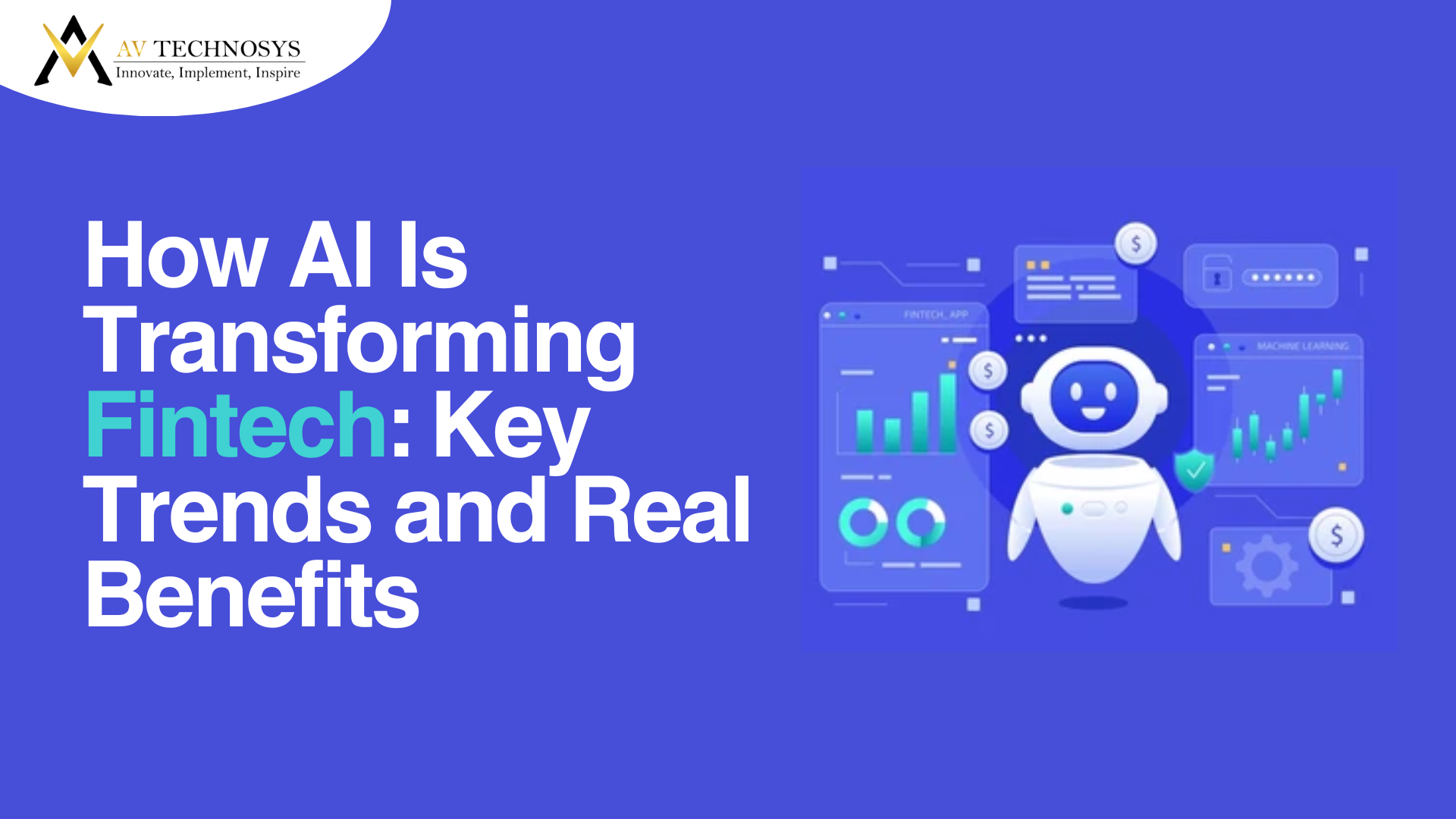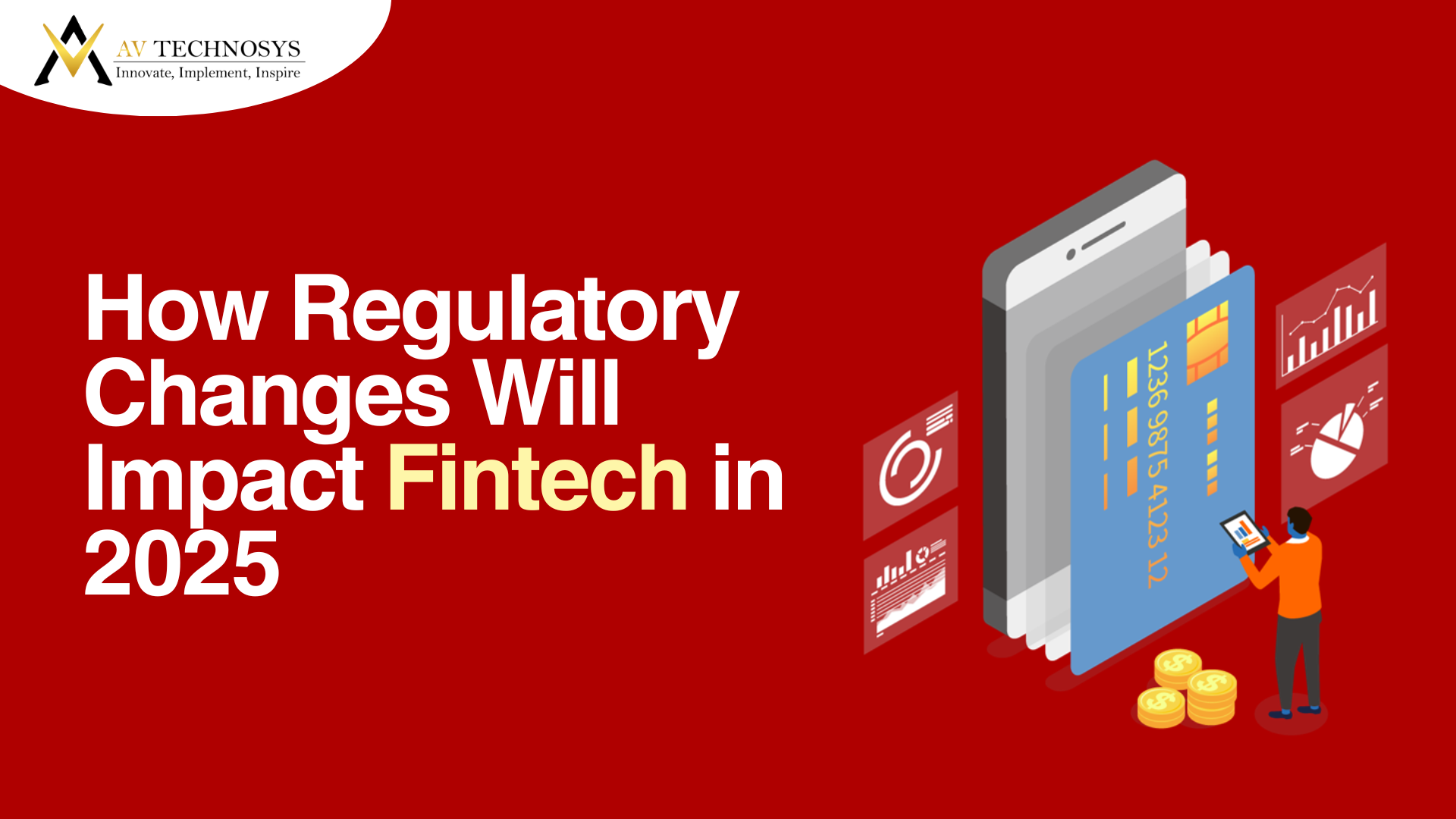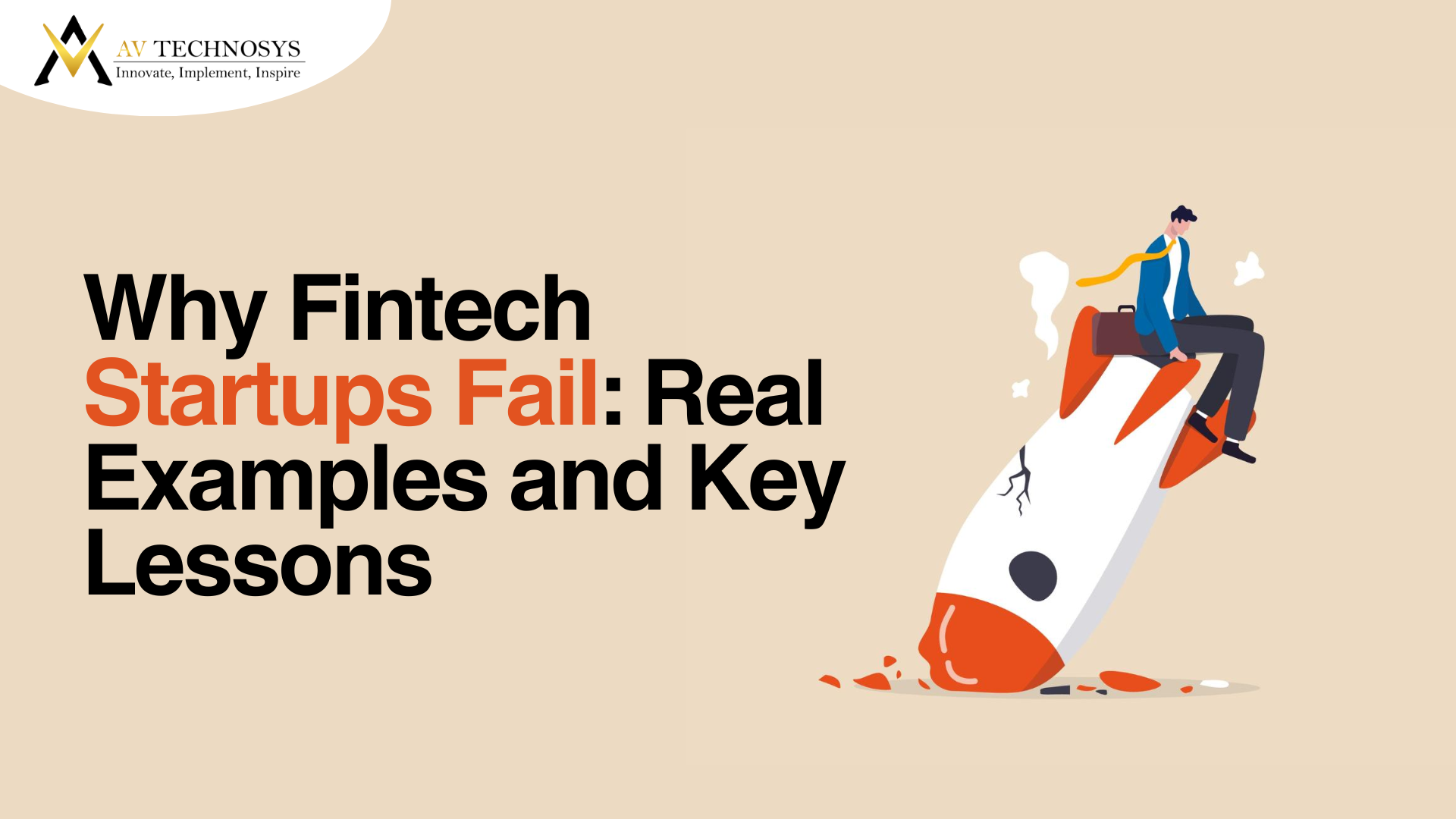How to Hire AI Developers in 2025
Learn how to hire top AI developers in 2025 with the right skills and cost insights.


Artificial Intelligence
Artificial Intelligence (AI) has become a transformative force across industries in 2025. Businesses increasingly rely on AI to gain a competitive advantage, optimize processes, and innovate products. But behind every successful AI initiative is a team of skilled AI developers capable of navigating complex algorithms, data pipelines, and emerging technologies.
Finding and hiring the right AI developers today is more challenging than ever. The field evolves rapidly, talent is scarce, and candidates often have diverse backgrounds and skill sets.
This ultimate guide will walk you through everything you need to know about how to hire AI developers in 2025, covering essential skills, sourcing strategies, evaluation techniques, compensation insights, and overcoming common challenges.
1. Why AI Developers Are Vital in 2025
AI has evolved from a specialized research domain into a mainstream business tool. Companies that successfully integrate AI into their operations gain significant advantages in efficiency, customer experience, and innovation.
Some key reasons AI developers are indispensable include:
Pervasive AI Integration: AI powers everything from chatbots and recommendation engines to fraud detection and predictive maintenance. Every sector demands AI expertise.
Shortage of Skilled Talent: Despite growing educational programs, there is a worldwide shortage of professionals who can effectively build, deploy, and maintain AI solutions.
Need for Continuous Innovation: AI frameworks and models advance rapidly, requiring developers who are lifelong learners.
High Business Impact: The ability to design AI systems that improve products and operations translates directly into increased revenue and competitive differentiation.
Hiring strong AI developers helps future-proof your business and unlock transformative potential.
2. Essential Skills and Expertise to Look for
The AI ecosystem is vast, and AI developers often specialize in different subfields. When hiring, it’s critical to align candidate skills with your specific AI needs. However, some core skills are universally valuable.
Core Technical Skills
Programming Languages:
Python remains the lingua franca of AI development due to its simplicity and extensive libraries. Julia is gaining traction for numerical computing. R is useful for statistics-heavy applications. C++ and Java may be required for performance-critical or embedded systems.Machine Learning Frameworks:
Proficiency with TensorFlow and PyTorch is expected. Keras is often used for rapid prototyping. Familiarity with emerging tools like JAX or MLIR may indicate cutting-edge expertise.Deep Learning Techniques:
Developers should understand architectures like CNNs for image processing, RNNs for sequence data, and transformers powering state-of-the-art language models (e.g., GPT-4).Data Engineering:
AI models rely on clean, structured data. Candidates should be comfortable building ETL pipelines and handling big data using Apache Spark, Hadoop, or cloud data warehouses.Natural Language Processing (NLP):
With the explosion of generative AI, NLP skills are increasingly important. Experience with spaCy, Hugging Face Transformers, and custom language model fine-tuning is valuable.Computer Vision:
If your projects involve images or video, look for developers experienced with OpenCV, YOLO, or Mask R-CNN.Cloud AI & DevOps:
Cloud platforms like AWS SageMaker, Google AI Platform, and Azure AI enable scalable model training and deployment. Familiarity with containerization (Docker, Kubernetes) and MLOps pipelines is a major plus.
Soft Skills and Other Expertise
Mathematical Foundations:
A strong grasp of linear algebra, calculus, probability theory, and statistics enables developers to understand model behavior and optimize performance.Problem-Solving Ability:
AI developers should excel at formulating business problems as machine learning challenges and iterating solutions effectively.Communication Skills:
Explaining complex AI concepts to non-technical stakeholders fosters collaboration and ensures alignment.Domain Knowledge:
Industry-specific expertise (finance, healthcare, retail) helps tailor AI models to real-world scenarios and compliance requirements.Ethics and Fairness Awareness:
Candidates aware of AI bias, fairness, and regulatory compliance demonstrate responsibility critical to long-term project success.
3. Where to Find Top AI Talent in 2025
The increasing demand and limited supply of AI professionals require a proactive and diversified recruitment strategy.
Proven Channels for Sourcing AI Developers
Specialized Job Boards:
Platforms like AIJobs, Kaggle Jobs, and LinkedIn AI groups specifically target AI professionals, increasing the chances of quality applications.Open Source and Research Platforms:
Many AI developers showcase their skills on GitHub through open source projects. Reviewing contributions and code quality here provides a direct talent assessment. Similarly, papers and projects on arXiv signal research expertise.AI Competitions:
Platforms like Kaggle host data science competitions that attract top talent. Recruiting high-ranking competitors is a strategic advantage.University Collaborations:
Establishing internship programs and partnerships with universities known for AI research helps build a pipeline of fresh talent eager to learn and innovate.Industry Events and Conferences:
Attending AI conferences such as NeurIPS, ICML, and CVPR allows you to network with leading experts and spot emerging talent.Freelance and Consulting Platforms:
When hiring full-time is not feasible, platforms like Toptal and Upwork offer vetted freelance AI developers and consultants.
4. Writing an Attractive Job Description
With fierce competition, your job posting must communicate the role’s value and appeal to candidates’ aspirations.
What Makes a Great AI Developer Job Description?
Clear Role Definition:
Specify if the position focuses on research, applied ML engineering, data science, or production deployment.Highlight Cutting-Edge Technologies:
Mention if the job involves working with generative AI, reinforcement learning, or cloud-native ML ops tools.Showcase Business Impact:
Explain how AI projects drive company innovation, efficiency, or new products to inspire candidates.Growth and Learning Opportunities:
Candidates value continuous learning, so mention support for attending conferences, certifications, and research collaborations.Flexible Work Options:
Remote and hybrid work possibilities are highly attractive in today’s market.Transparent Compensation:
Including salary ranges and benefits upfront reduces barriers and increases application quality.
5. Evaluating AI Developer Candidates
The hiring process should thoroughly assess both technical proficiency and cultural fit.
Key Evaluation Techniques
Technical Coding Challenges:
Go beyond generic coding tests and include ML-specific problems like implementing an algorithm from scratch or analyzing model outputs.Portfolio Review:
Assess GitHub projects, Kaggle competition entries, open source contributions, and published research papers.System Design Interviews:
Evaluate candidates on designing scalable ML systems, data pipelines, and deployment architectures.Machine Learning Theory:
Ask questions on optimization techniques, regularization, evaluation metrics, and algorithm strengths/weaknesses.Behavioral Interviews:
Understand how candidates communicate, collaborate, and approach ethical dilemmas in AI development.Trial Projects:
For senior roles, paid short-term projects simulate real work and reveal problem-solving skills and adaptability.
6. Interview Best Practices
Creating a structured and fair interview process is crucial to attracting and identifying top talent.
Recommendations for Interviewing AI Developers
Multi-Stage Interview Process:
Include initial screening, technical coding, theory questions, system design, and behavioral rounds.Real-World Problem Focus:
Use scenarios relevant to your business to evaluate practical skills and creativity.Pair Programming:
Collaborative coding exercises reveal thought processes and communication skills.Cross-Functional Interview Panels:
Involve data scientists, product managers, and domain experts to ensure well-rounded candidate assessment.Flexibility and Respect:
Be mindful of candidate time and experience to maintain a positive hiring brand.
7. Compensation and Benefits Expectations
Competitive compensation is essential to attract and retain AI talent in a highly competitive market.
What AI Developers Expect
Salary Ranges:
Senior AI developers in tech hubs earn between $150K and $300K+ annually; regional variations apply.Equity and Bonuses:
Stock options and performance bonuses align incentives with company success.Continuous Education Support:
Funding for courses, certifications, and conferences is highly valued.Work-Life Balance:
Flexible hours and remote work options contribute to job satisfaction.Access to Cutting-Edge Tools:
Developers want access to powerful GPUs, cloud resources, and proprietary datasets.Impactful Work:
Many AI developers prioritize projects that challenge them and create a meaningful impact.
8. Overcoming Challenges in Hiring AI Developers
The AI hiring landscape is fraught with obstacles, but with the right approach, they can be managed effectively.
Common Challenges
Severe Talent Shortage:
Competing for limited skilled professionals drives up hiring costs.Rapidly Changing Skillsets:
Technologies evolve quickly, making candidate skills obsolete if not continuously updated.Retention Difficulties:
High demand causes frequent job hopping.Diversity Gaps:
Lack of diverse perspectives can reinforce AI bias and limit innovation.Ethical Concerns:
AI projects require responsible practices to avoid reputational risk.
Practical Solutions
Upskill Existing Employees:
Train current staff with AI skills to build internal talent pools.Employer Branding:
Highlight innovation, culture, and learning opportunities to attract candidates.Retention Programs:
Offer career progression, mentorship, and engaging projects.Diversity Initiatives:
Actively recruit underrepresented groups and foster inclusive environments.Ethical AI Policies:
Establish governance frameworks and transparency to attract conscientious developers.
9. Alternative Hiring Strategies
When hiring full-time AI developers proves difficult, alternative strategies can fill the gap.
Viable Alternatives
AI as a Service (AIaaS):
Use cloud AI platforms to leverage pre-built models without heavy internal development.Outsourcing and Offshoring:
Partner with specialized AI firms globally to access diverse talent pools.Academic Collaborations:
Engage with universities on joint research projects or incubators.Reskilling Internal Teams:
Offer training to upskill software engineers and data analysts into AI roles.
10. The Future of AI Hiring: Trends to Watch
Staying current with hiring trends will keep your recruitment efforts competitive.
Emerging Trends
AI-Augmented Hiring:
AI tools assist in screening resumes, coding tests, and reducing unconscious bias.Cross-Disciplinary Expertise:
Increasing need for AI professionals with knowledge in ethics, law, and social sciences.Remote-First Hiring Models:
Companies increasingly tap into global talent pools unrestricted by geography.Explainable AI Focus:
Demand for developers skilled in interpretable and transparent AI models will rise.Low-Code/No-Code Platforms:
These tools shift developer roles towards oversight, customization, and integration rather than building from scratch.
Conclusion
When it comes to advancing your business with cutting-edge AI solutions, AV Technosys stands out as a trusted development partner. Our expert team specializes in machine learning, automation, and natural language processing (NLP), delivering AI applications designed to boost efficiency and spark innovation. We prioritize your unique needs by creating secure, scalable, and reliable AI systems that seamlessly adapt as your business grows. Whether you’re a large enterprise or a startup, AV Technosys is committed to building cost-effective, long-lasting AI technologies that drive measurable success.
Ready to transform your organization with intelligent AI solutions? Connect with AV Technosys today and take the first step toward a smarter future.
FAQs
1. What skills should I look for when hiring AI developers in 2025?
Look for expertise in machine learning, deep learning frameworks (like TensorFlow, PyTorch), natural language processing, computer vision, data engineering, cloud computing, and proficiency in programming languages such as Python, R, and Java. Also, familiarity with AI ethics and model interpretability is increasingly important.
2. Should I hire a specialist or a generalist AI developer?
It depends on your project. Specialists bring deep knowledge in specific AI domains (e.g., NLP or computer vision), while generalists can handle broader AI-related tasks. For complex projects, a mix of both might be ideal.
3. What industries are AI developers most experienced in today?
AI developers commonly work in healthcare, finance, autonomous vehicles, robotics, retail, and cybersecurity. Experience relevant to your industry can help tailor AI solutions effectively.
4. Where can I find qualified AI developers in 2025?
Top AI talent can be found through AI-focused job platforms, tech communities, AI research forums, LinkedIn, AI conferences, universities with strong AI programs, and specialized recruitment agencies.
5. How important is AI ethics knowledge when hiring developers?
Very important. Developers should understand biases in AI models, data privacy laws, and ethical AI deployment to ensure their AI solutions are responsible and compliant with regulations.
📬 Get in Touch With Us
Name
Mobile No.
Message
Our Latest Blogs
Get the most recent information on trends, technology, and development insights.
View All Blogs

Ashish Bishnoi
07-05-2025
Discover how AI is reshaping fintech with key trends and real-world benefits driving innovation in 2025.

Veer choudhary
08-05-2025
Explore how new regulatory changes will shape the future of fintech in 2025 and beyond.

Veer choudhary
11-05-2025
Learn why fintech startups fail with real examples and key lessons to build smarter in 2025.
Our Technology Experts Are Catalysts for Digital Transformation
Book a Free call with Our Experts and Start Building the Future Today.

INDIA
238, 2nd floor, Purani Chungi,
DCM Road, Vaishali Nagar,
Jaipur, Rajasthan, 302017
+91 9983034111

UK
1-3 St Nicholas Street Worcester
WR1 1UW, United Kingdom
+44 7470994018

USA
15632 Lucy Lane ,
Frisco , TX , 75033
303-589-5158







